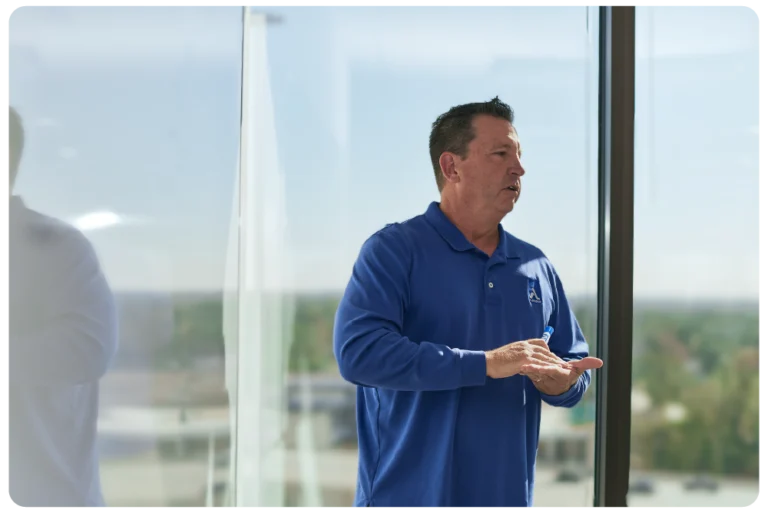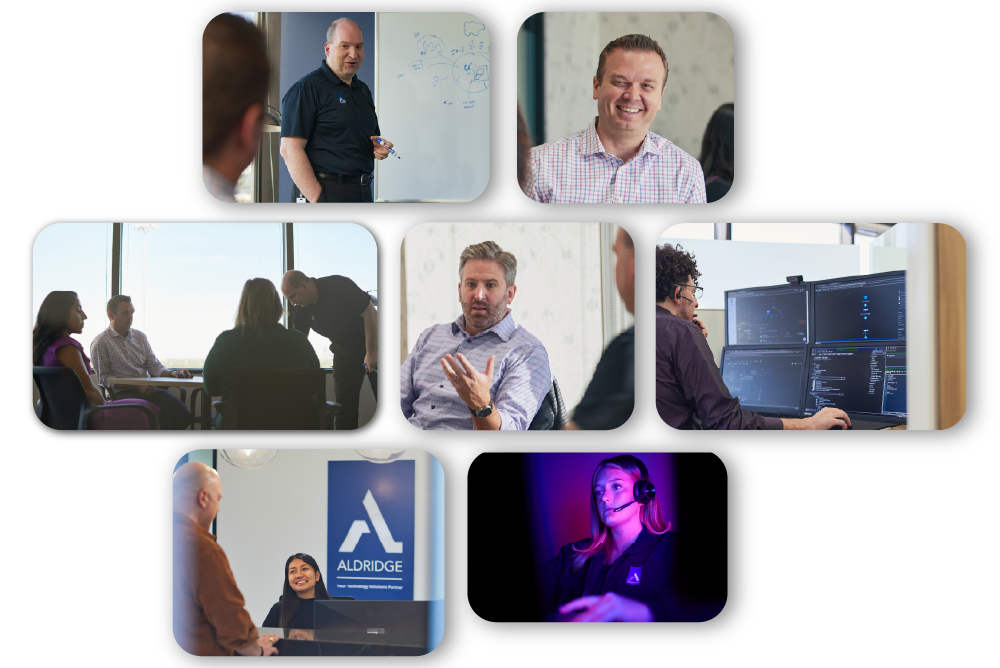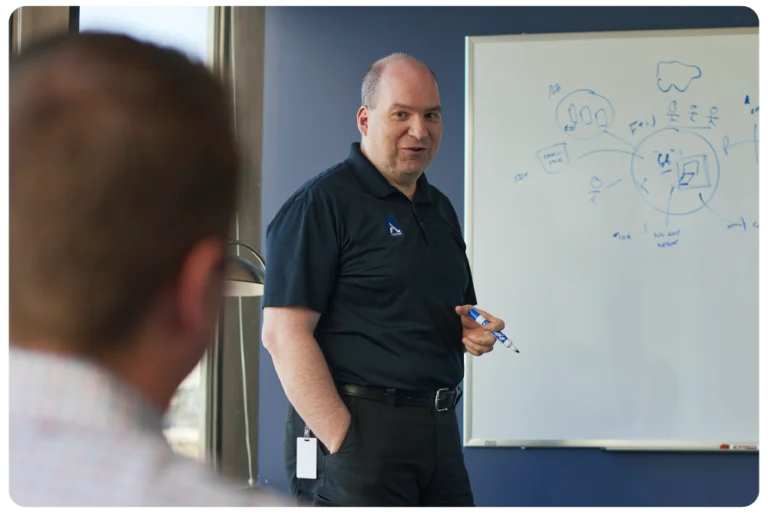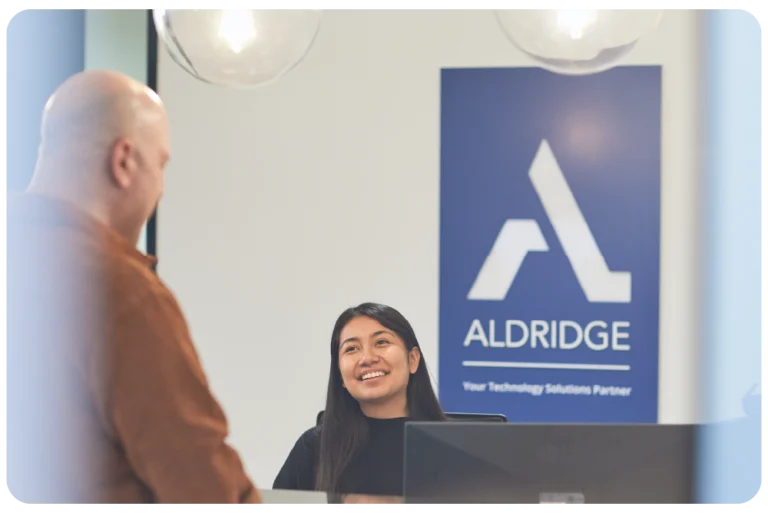Multi-Factor Authentication (MFA) is the most effective way to protect user credentials and prevent a breach. If you’re one of the 56% of people unfamiliar with MFA, don’t worry, you’re not alone. Without the right training or defenses in place, your employees can be your greatest security risk. If they mistakenly give away their credentials, they can open the door to your valuable business information and systems, granting hackers access to your business, employee, and client data. While implementing Security Awareness Training is effective, it is not guaranteed to prevent your employees from falling victim to a scam and giving away their credentials. MFA serves as an extra layer of protection in case this happens.
What is MFA’s Role in Your IT Security Defense?
At its core, MFA is just a second step to verify you are who you say you are. In other words, when you log into a personal account, in the past, you only entered your username and password to gain access to your sensitive information. With MFA, you’re required to submit a second piece of evidence before you’re able to access your account. For example:
- Something you know: like a PIN or answer to a security question
- Something you have: such as a smart card, key fab, or smartphone
- Something you are: as in a fingerprint or facial recognition
What MFA Is NOT: Extra Passwords
Entering a second password does not count as MFA. Why? Passwords are easy to hack. The 2019 Verizon Data Breach Report revealed that 80% of hacking-related breaches leveraged stolen and/or weak passwords. In 2017, this number was 81%. In other words, passwords remain a viable target for hackers looking for an easy way into your business systems and information. Between malicious actors using hacking techniques such as spyware disguised as mobile apps listening for password clues, and the fact 54% of consumers use five or fewer passwords across their entire online presence, it’s clear that passwords just won’t cut it. MFA is the best way to safeguard your business data by making it significantly more difficult for hackers to pose as a trusted member of your organization. According to Telesign, 86% of consumers say using MFA gives them peace of mind that their information is more secure. Your customers and clients are no different. Just as you need to protect your own business-critical data, you need to protect your consumer information as well. Of course, to do this, you should implement password best practices such as:
- Select strong, complex passwords or passphrases
- Never reuse passwords between different online services
- Be vigilant about not sharing passwords between people unless necessary
However, even with good password practices, the bad actors out there regularly try to trick you and your team into sharing private password information. While they may not always succeed, when they do, they compromise your account or the account of someone in your organization. Then, suddenly, your reputation, and the reputations of your clients, your vendors, your correspondents are all at risk.
What’s the Business Value of MFA?
Business leaders are embracing the convenience of conducting business at any time, from anywhere to drive innovation and success. As we move toward cloud-based, accessible services, protecting your online identity (aka your credentials) is a critical responsibility for you and your team. The fact that weak and/or stolen passwords continue to be the primary gateway for hackers to infiltrate your company’s network is scary in itself. When you also consider the fact privileged credentials, when hacked, open the doors to more of your business-critical information and credentials, the risk to your business, your employees, your customers, and your third-party vendors is multiplied exponentially. According to Microsoft, your account is 99.99% less likely to get compromised if you’re using MFA. In other words, MFA is a cheap and easy way to drastically improve your organization’s security posture.
Take the Right Steps to Protect Your Business Information and Reputation
Multi-Factor Authentication is only one of the technology tools we help implement for our clients. Learn about how we deploy and implement MFA in Aldridge Security Services. Our Cybersecurity Services are a critical component of our IT Outsourcing and Fractional CIO Services that are catered to small and medium-sized businesses who understand the value of protecting their business-critical information and systems. Talk to our cybersecurity team to start on the path to protect your valuable information and reputation.







